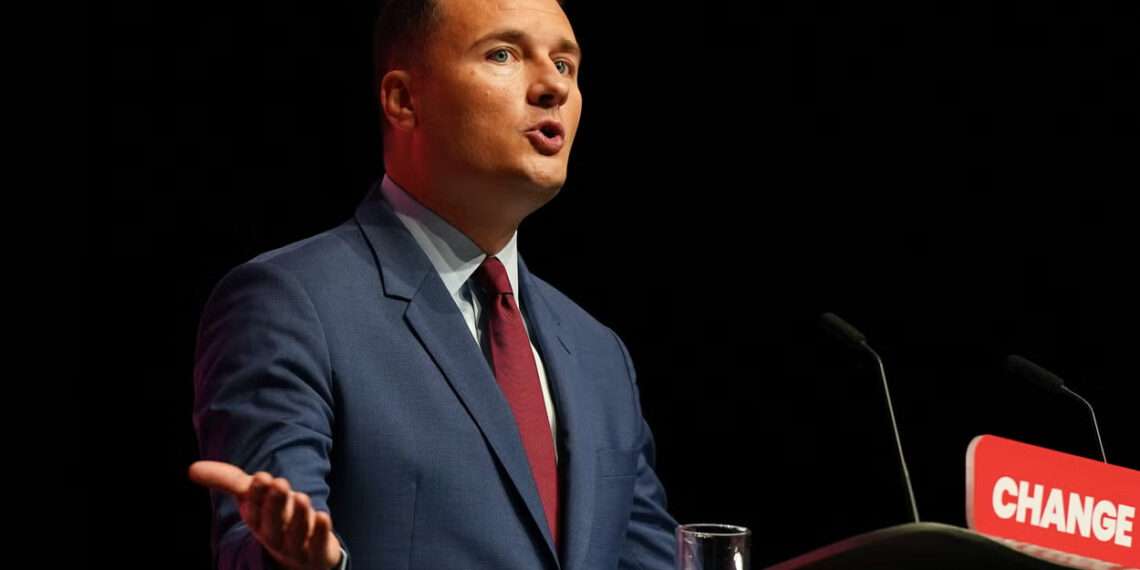The UK government is facing criticism for failing to initiate crucial talks aimed at building political consensus on adult social care reforms, despite pledging bold changes to tackle the sector’s ongoing crisis.
The Liberal Democrats have accused the administration of “delay and drift” after it emerged that not a single cross-party meeting has taken place in the four months since Health Secretary Wes Streeting announced plans to establish a national care service. These reforms were intended to address the country’s mounting social care pressures, which continue to affect older people and overstretch the National Health Service (NHS).
In January, Streeting warned that failure to reach a national agreement on fixing the system would leave “older people without help and the NHS overwhelmed.” The minister had tasked Baroness Louise Casey with leading a commission to build consensus between political parties and move forward with the long-overdue adult social care reform UK. He acknowledged that earlier reform efforts were derailed by “bad politics.”
However, plans to open the dialogue on February 26 were scrapped when ministers stated that not all political parties could attend. The Liberal Democrats said they offered to “clear our diaries” to reschedule, but no new date has been proposed since.
Cross-Party Meetings Still Not Held
Helen Morgan, the Liberal Democrats’ spokesperson for health and social care, expressed grave concern over the delay.
“If it’s taking almost two months and counting to schedule a single meeting, I have serious concerns about the focus at the top of government needed to successfully undertake and implement this review.”
Helen Morgan

Morgan accused the government of relegating social care reform to the “too difficult” pile. According to her, the delay in convening even a single cross-party discussion could push the already protracted review into further stagnation.
She also criticized the Labour government for taking a complacent approach.
“For years under the Conservatives, [social care] was shamefully neglected, with patients bearing the brunt. Now, the Labour government is taking an approach of kicking the can down the road rather than facing up to the challenges of fixing this broken system.”
Helen Morgan
Baroness Casey, who was supposed to join the commission in March, had been appointed in mid-January to lead a separate investigation into child sexual abuse grooming gangs. The government insists this additional role will not interfere with her commitment to the adult social care commission.
A government source claimed the original meeting date was scrapped because it “did not work for all invited parties.” However, there’s been no clarity on when the talks will resume, despite Casey’s assurance that meetings will be scheduled once her current obligations conclude.
A spokesperson for the Department of Health and Social Care responded to the growing frustration.
“This government is committed to building national, cross-party consensus to create a fair and affordable adult social care system for all. This is why the prime minister has asked Baroness Louise Casey to lead an independent commission into adult social care as part of our critical first steps towards building a national care service.”
A spokesperson for the Department of Health and Social Care
Still, many remain skeptical. Social care reform has been an elusive goal for successive governments over the last two decades. Repeated efforts to overhaul the system have often fallen flat due to lack of cooperation between parties and a failure to prioritize the issue at the highest levels.
In January, care sector experts raised alarm bells over the government’s three-year timeline for implementing reforms. They insisted that changes could realistically be enacted within one year if there was genuine political will. The real challenge, they argued, lies not in deciding how to reform the system, but in agreeing on what exactly needs to be done.
Meanwhile, care providers warn of intensifying financial strain. The recent introduction of national insurance contributions and a minimum wage hike has added £2.8 billion to operational costs. Providers say these unfunded increases are forcing them into “tough decisions”, including returning unsustainable care contracts to councils, laying off staff, reducing wages, and even evicting vulnerable residents.
Without decisive action and swift consensus, the adult social care reform agenda may remain stalled — leaving millions of citizens vulnerable and the system dangerously close to collapse.




















